
Welcome to The Best Movie You NEVER Saw, a column dedicated to examining films that have flown under the radar or gained traction throughout the years, earning them a place as a cult classic or underrated gem that was either before it’s time or has aged like a fine wine. WARNING: SOME SPOILERS BELOW
This week we’ll be examining SUNSHINE, from writer Alex Garland and director Danny Boyle.

THE STORY:
Fifty years into the future, Earth is faced with a dying sun. A team of astronauts is sent to reignite it with a nuclear bomb, but never reach their destination. A second crew is sent out to finish the job, but what they encounter is far more than just a race against the clock, but a journey of obsession, duty, fear, and resolve to save all mankind.

THE PLAYERS:
Alex Garland (28 DAYS LATER, THE BEACH, DREDD) wrote SUNSHINE with the intent to collaborate with director Danny Boyle, as they had on both THE BEACH and 28 DAYS LATER. The stellar cast is a diverse lot, including Captain America himself, Chris Evans, BATMAN BEGINS’ Cillian Murphy, BRIDESMAID’s Rose Byrne, TRAINING DAY’s Cliff Curtis, MEMOIRS OF A GEISHA’s Michelle Yeoh, THE LAST SAMURAI’s Hiroyuki Sanada, MOON’s Benedict Wong, BANDIT’s Troy Garity, and lastly STARDUST’s Mark Strong.
THE HISTORY:
Garland wrote SUNSHINE as an ode to the sci-fi pics he’d grown up with, such as 2001, ALIEN, and SOLARIS, while wrapping it up in a metaphor for atheism. When Boyle was brought on to direct, his interpretation was more mystical in nature. Ultimately, the two found common ground and pressed forward, working on the script for more than a year, going through 35 drafts in the end. They spent a year on pre-production, with independent financing in place and a budget set at $40 million, shooting for three months, before spending another year in post. Piss poor marketing and a failure to find an audience turned out the lights on SUNSHINE, which brought in a paltry $32 million worldwide.
With a great script, visionary director, diverse cast, and an elaborate attention to detail, SUNSHINE was lost on moviegoers, but has since earned a cult status that many herald as the best sci-fi film of the last decade.
"Yeah, but look at 'Sunshine's' box office, it was just a catastrophe at the box office and made no money at all. We made this movie, we put our guts into it, it got pretty good reviews, and nobody really gave a fuck…" – Alex Garland

WHY IT’S GREAT:
SUNSHINE is a visually exciting film that never leaves your eyeballs bored and stretches your brain from start to finish. It’s anxiety-ridden, exhausting, beautiful, smart, ambiguous, and scary. The film is chock full of your usual sci-fi tropes (skeleton crew on a big ship on a big mission), but nearly all of them are either turned on their head and presented in a way we haven’t seen before.
Unlike the scientists from Ridley Scott’s PROMETHEUS, who are probably the most bone headed ever captured on film, the characters in SUNSHINE act like, well, professionals and human beings. They are afraid, smart, calculating, logical, illogical, and operate under a sense of duty, while struggling with their own humanity. None of them are cowboys out to take a risk for risk’s sake.
Rationality is at the forefront here (as it was NOT in PROMETHEUS) and there are many moments where the characters simply stop and think, rather than deliver some quippy line and do something ridiculous. It’s this level of characterization that creates a crew you can relate to, rather than picking favorites and hoping for someone’s demise. Instead, you feel trapped with these individuals, headed to a fate unknown, but likely carved in sacrifice.

"Basically, the idea of these characters all alone in space, attached to the back of a bomb that's flying into the sun, the source of all human life as we know it, was too wonderful to resist." – Danny Boyle
Visually, Boyle never disappoints. His aesthetic is sharp, atmospheric, and stylized, but never overly so. It fits the genre perfectly and makes for a film that can be timeless in its presentation. Boyle uses every aspect of the craft to tell the tale; the golden space suits, the lush green of the oxygen garden, the burning orange of the sun, the powdery dust that floats in the air of a desolate ship. It’s so well thought out and executed that I find myself amazed at the creative decisions each time I watch it. It’s clever, even though it never feels like it’s trying to be.
The sound of SUNSHINE is as much a part of the overall impact of the film as any visual cue or actor’s performance. The score by John Murphy and Underworld is an amazing, eclectic blend that goes well beyond the typical Goldsmith-esque space opera score. It’s the right mixture of tension, levity, and shock that is needed. Coupled with the sound effects, which are awe-inspiring, be it the ship sailing in the stars, an explosion in the oxygen garden, or the beacon of a lost ship, it’s all mixed together beautifully. I only wish half the movies made paid as much attention to what we’re hearing instead of what we’re seeing.

The acting is spot on with everyone pulling their weight, even if the glamour is absent from the role. Everyone is flawed and each actor lets those flaws show, rather than attempt to be the well-liked hero. Cillian Murphy is as engaging as always, but the stand out here is Chris Evans, who up until I saw SUNSHINE, seemed like just a Hollywood pretty-boy just doing the rounds. Evans is, by all accounts, at his best here.
"Like ten people saw it. All my good movies, nobody sees. Everybody goes and sees 'Fantastic Four,' but nobody sees 'Sunshine.' I'd have a different career if people saw that. I love that movie, man. I love Danny Boyle. I love that experience and I love that cast. That was one of those movies, top to bottom, I'm just in love with." – Chris Evans
The most controversial aspect of SUNSHINE is its third act, which most relate to as the point where the film becomes a “slasher” film. It was a bold choice by Boyle and Garland and I think it’s completely misinterpreted. One of the characters is portrayed as a Freddy Kreuger-esque villain, obsessed with destroying the mission. With a bloody and violent turn, crewmembers start dying and some have likened it more to JASON X rather than a space set thriller. I couldn’t disagree more.

The “villain” is seen in a haze, never fully realized. He is an echo, a particle of who he was, and acts as the face of madness, while the crew attempts to hold it together in the face of a fiery demise. The pressure and loneliness of what they’re doing is the main conflict, as each crewmember comes face-to-face with their own mortality, their own weakness, and their own humanity. In the end, it leaves the window open for interpretation. Is the character real? Imagined? An illusion of madness? Or all of the above? It’s a great conundrum, but one that has divided many (including Quentin Tarantino) over the final act.
For me, SUNSHINE is one of the best sci-fi films ever made. It pays homage, while opening new doors at the same time, never playing to what you expect. It leaves you with something to chew on, rather than spit out. Turn out the lights, crank up the volume, and watch it on the biggest screen you have.
"I’m proud of it, and I wanted the experience to be truly viscerally and visually exhilarating, that you feel as though you’re being taken on a journey somewhere. – Danny Boyle"
MEMORABLE SCENE:
The entire film is so beautifully rendered that it’s hard to choose, but I think the scene that clinches the wide range of emotions throughout is the repair sequence. It’s filled with all the right tension beats and cut to the haunting score with precision.
WATCH IT:
SUNSHINE is available on special edition blu-ray, complete with making-of’s, trailers, and commentaries. Get it here!
PARTING SHOT:
"When I see 'Sunshine' I see a film that part of me is kind of very proud of and another part of me is very sad about, so it's a really complicated film for me. And I've never been really able to resolve all that in my myself." – Alex Garland


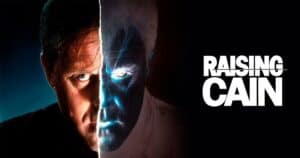
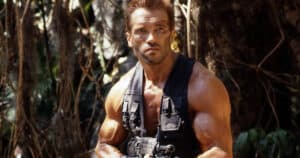
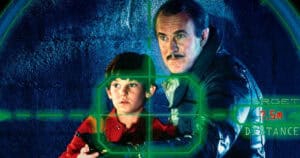

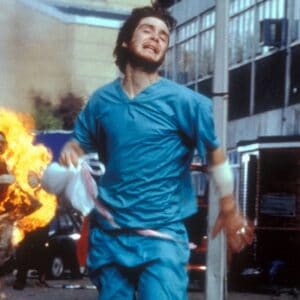

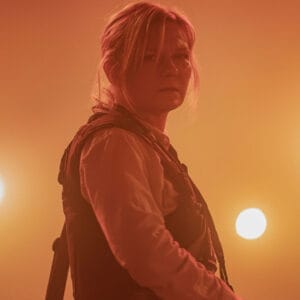
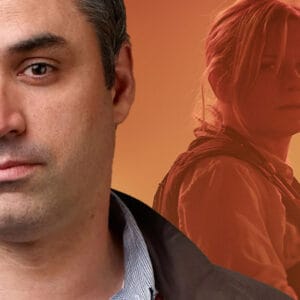
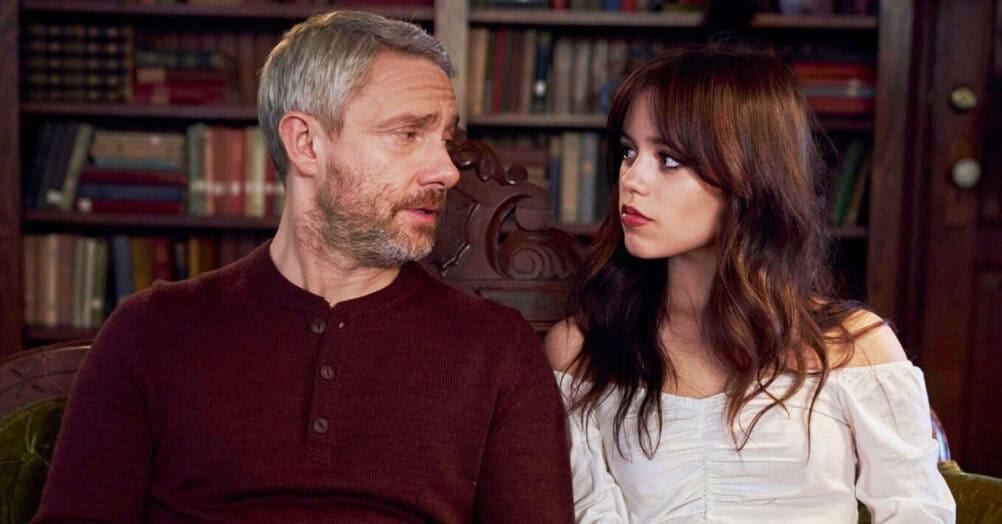
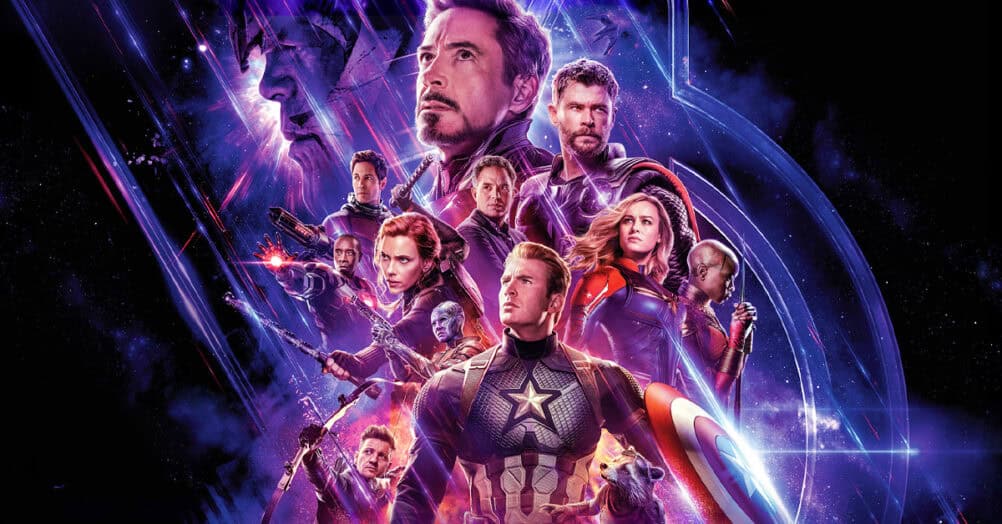
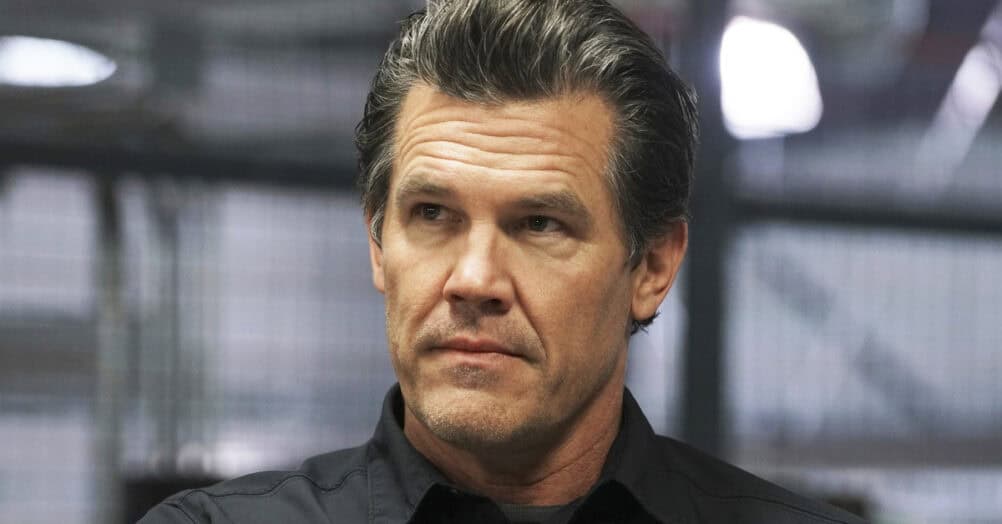
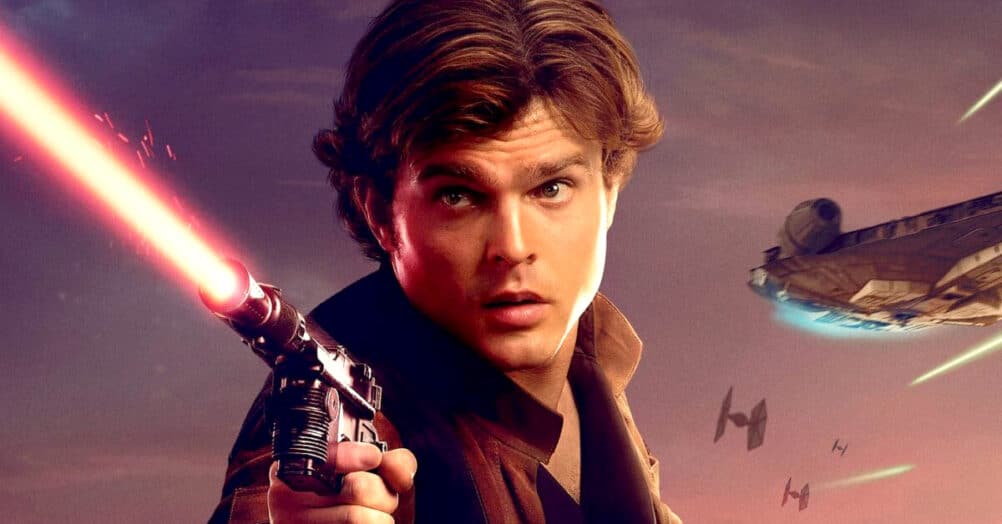
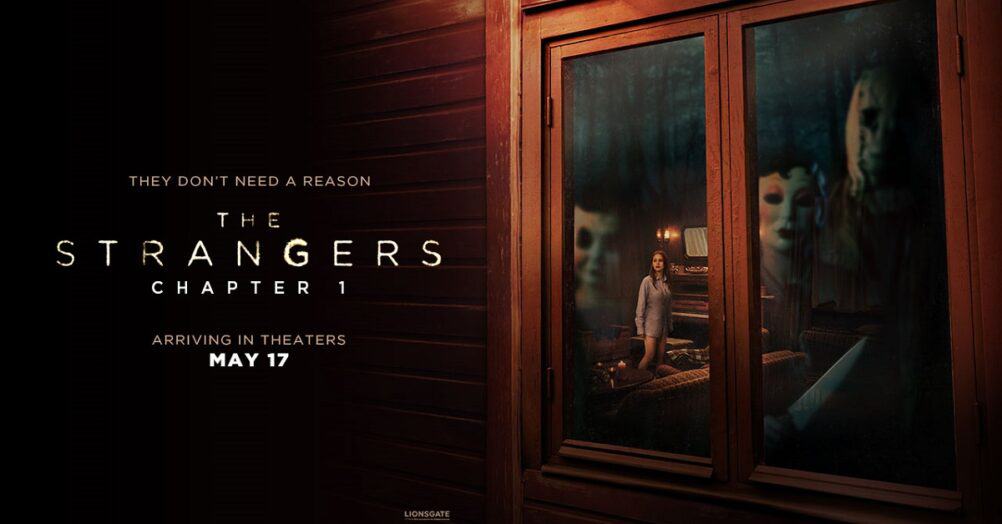

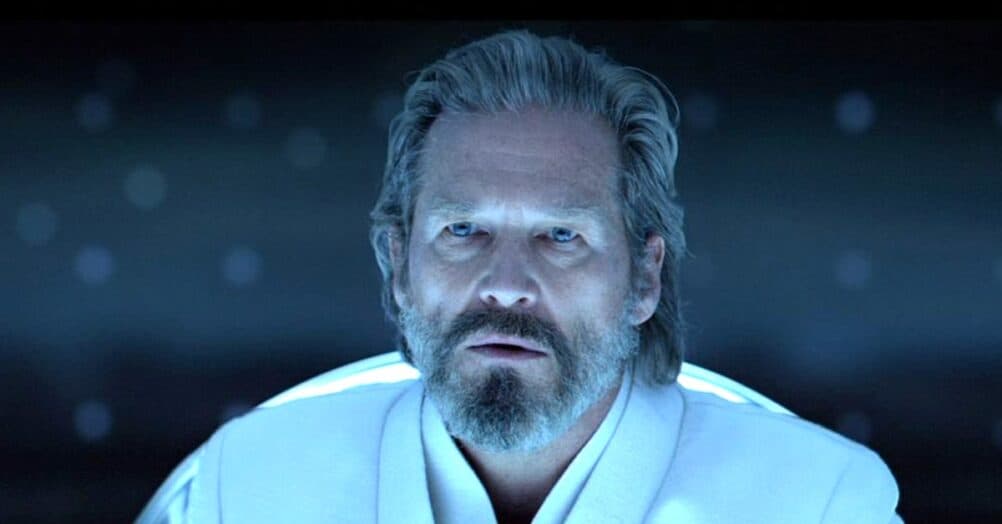
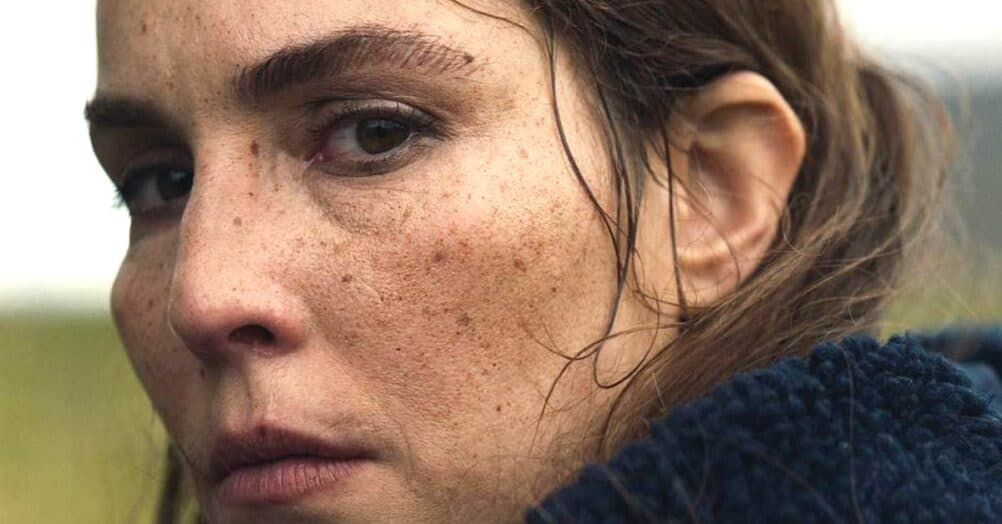
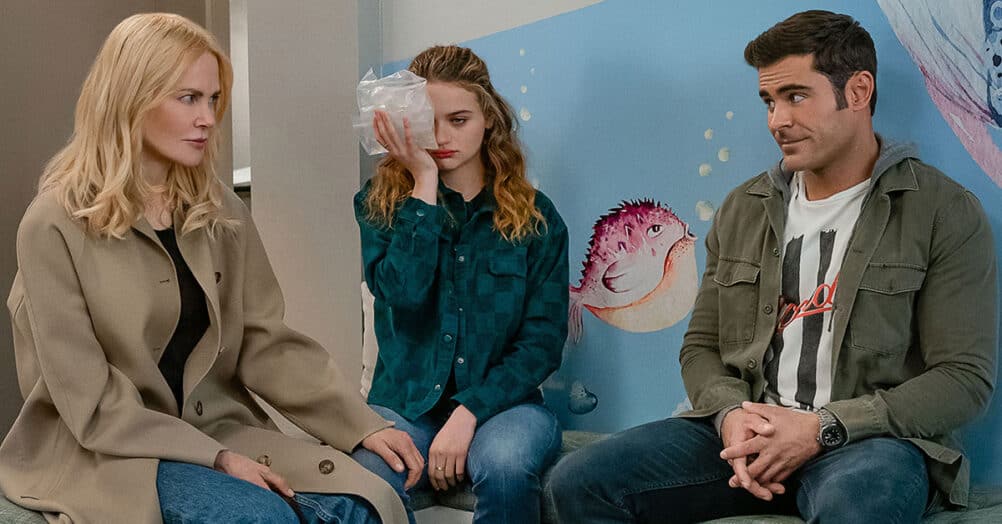
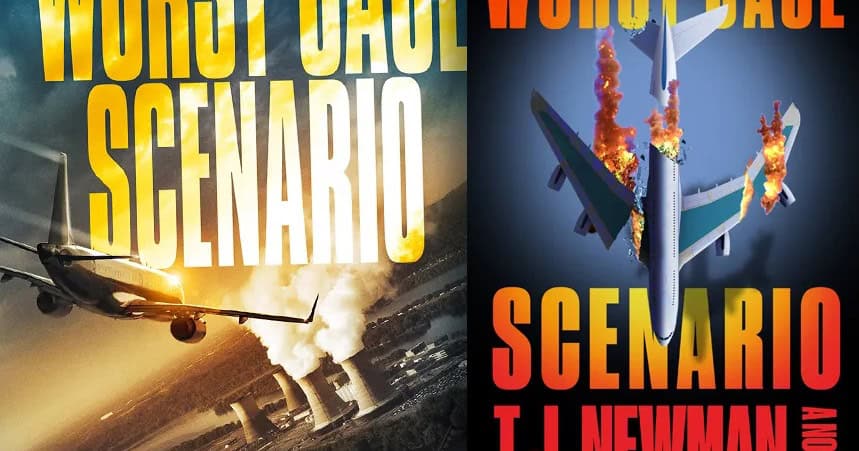
Follow the JOBLO MOVIE NETWORK
Follow us on YOUTUBE
Follow ARROW IN THE HEAD
Follow AITH on YOUTUBE